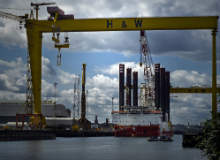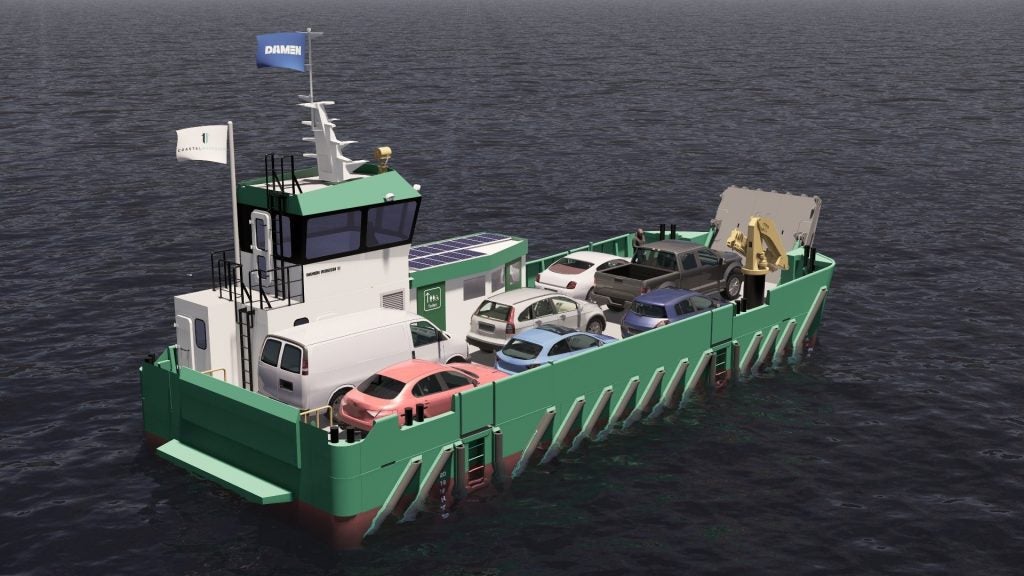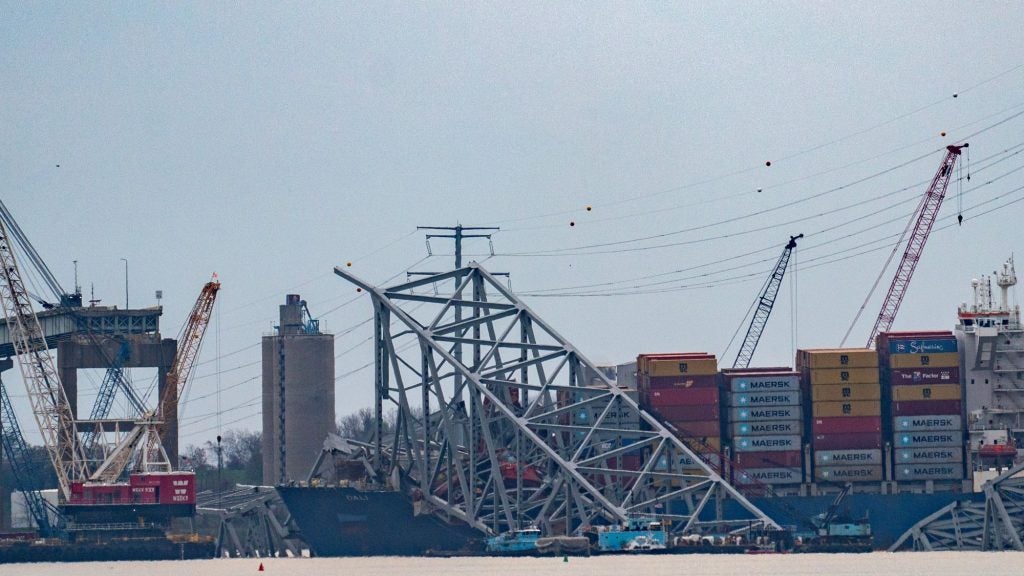
Ports are “absolutely vital” to the economic viability of the UK, maritime director at the Department for Transport Ian Woodman said at the UK Transport Infrastructure Summit 2016, reiterating government support for port development at a time when the industry has not yet recovered from recession.
Speaking at the KPMG headquarters in London on 13 April, Woodman reminded the audience that 95% of all the goods used in UK, from consumer goods, to materials needed for infrastructure, manufacturing and energy generation, come by sea.
“This is why this government has one of the most significant programmes of infrastructure investment that this country has seen, setting out over £15bn in investment and development up to 2020, and a number of those projects specifically aim at improving access to ports,” he said.
The state action plan is laid out in the National Policy Statement for Ports, first introduced in 2012, which presents a multi-pronged approach for ports expansion, encouraging both a sustainable development for handling projected growth, as well as ensuring that all proposed developments abide by the legal, environmental and social constraints set within the European port directives.
Despite all the talk of what government is doing the central area of interest according to Woodman is making sure ports continue to enjoy sufficient independence.
“The most important element is a very clear recognition of who is best placed both to identify the need and the best location for development.”
How well do you really know your competitors?
Access the most comprehensive Company Profiles on the market, powered by GlobalData. Save hours of research. Gain competitive edge.

Thank you!
Your download email will arrive shortly
Not ready to buy yet? Download a free sample
We are confident about the unique quality of our Company Profiles. However, we want you to make the most beneficial decision for your business, so we offer a free sample that you can download by submitting the below form
By GlobalData“This sometimes surprises people, including people inside government.
“‘Surely’, they say, ‘the government should be indicating where major strategic developments are needed’.”
“Well, successive governments have concluded that for a successful market-led industry such as the UK’s port industry, with a strong track record of investing in sustainable development, [government interference] is not necessary or desirable.”
Declining port employment poses difficulties
Giving the industry perspective, James Cooper, chief executive officer at Associated British Ports, agreed with the view that a well-functioning market does not need further interference.
However Cooper highlighted a real difficulty ports face in their communities.
“The challenge for the ports is that of the value of the cargo that flows through port towns, very little sticks in port towns. So we struggle sometimes to be seen to be a wholly positive part of the local community.”
The level of employment that ports have historically provided has also declined dramatically, and technology, specifically the rise of autonomous vehicles in the maritime industry, will ensure that this decline continues over time. At the moment, some port towns are pretty depressed places, he said.
“That’s part of the reason why ports should have greater flexibility in what they can do within their real estate, to add value.”
“We are looking to attract manufacturing into the ports; we are looking to attract value added processing, things which will create jobs with real value and long-term economic benefit and we think the government has a role in helping us achieve those opportunities,” Cooper said.
The panel agreed that the government still retains an important role, specifically in connecting ports to their hither lands, but also in acting as a regulator overseeing which development does go ahead. This measure is needed to maintain public confidence that the right decisions are being made, Woodman argued.
However, he added that “it is of course right and desirable and actually encouraged, that the industry should challenge whether that regulator structure strikes the right balance.”






